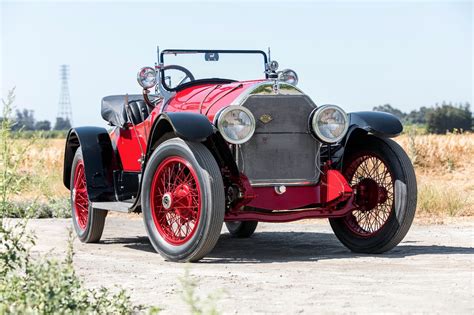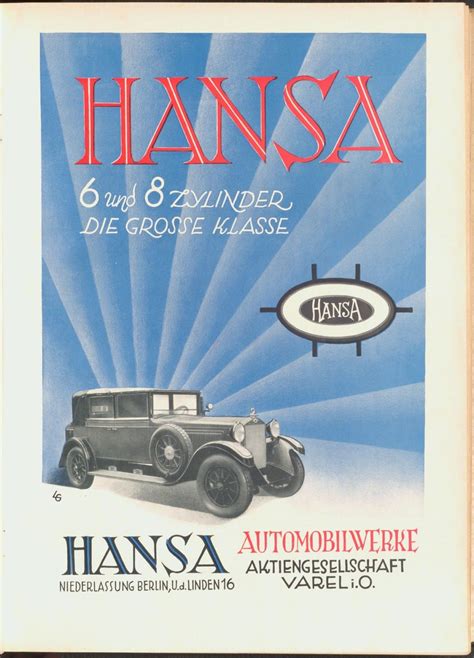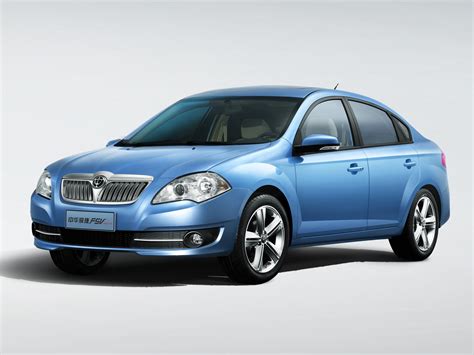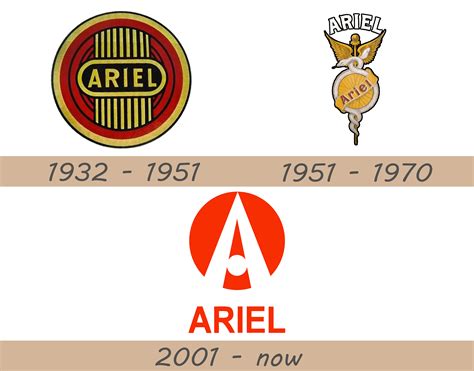Discover the origins, innovations, and market impact of Saturn cars, as well as the challenges, changes, and overall legacy of the brand.
The Origins of Saturn
Contents
Saturn car company was founded back in 1985 as a subsidiary of General Motors. It was created as a response to the growing market dominance of Japanese imports in the United States. The goal was to establish a new brand with a focus on customer satisfaction, innovation, and high quality.
In an unprecedented move, Saturn was given autonomy within GM, allowing the company to operate independently and make decisions separate from its parent company. This unique approach led to a new kind of car manufacturer, one that emphasized teamwork, employee empowerment, and a customer-driven philosophy.
From the beginning, Saturn aimed to build affordable cars that were reliable and fuel-efficient. The company’s first models, the S-Series, were well-received by consumers and helped establish Saturn as a serious player in the automotive industry.
Throughout its history, Saturn was known for its innovative marketing strategies and commitment to environmental sustainability. The company’s dedication to continuous improvement and forward thinking set it apart from other car manufacturers. Despite its eventual closure, Saturn’s legacy continues to influence the automotive industry today.
Innovations in Car Design
History of Saturn Car Company
Car design has undergone numerous innovations over the years, with advancements in technology and materials leading to more efficient and stylish vehicles. One major innovation in car design is the use of lightweight materials such as carbon fiber and aluminum, which has allowed manufacturers to create vehicles that are both stronger and more fuel-efficient. In addition, the integration of advanced safety features such as automatic braking systems and lane departure warnings has significantly improved the overall safety of modern vehicles.
Another important innovation in car design is the shift towards electric and hybrid vehicles. With the growing concern for environmental sustainability, car manufacturers have been working to develop vehicles that are powered by alternative energy sources. This has led to the creation of electric cars that are not only efficient and environmentally friendly, but also offer impressive performance and driving range.
Furthermore, developments in autonomous driving technology have paved the way for a new era of car design. The integration of advanced sensors and computer systems has made it possible for vehicles to navigate roads and traffic without human intervention, leading to the concept of self-driving cars. This innovation has the potential to revolutionize the way people commute and travel, offering greater convenience and safety on the road.
Overall, the innovations in car design have greatly improved the efficiency, safety, and environmental impact of modern vehicles, and continue to shape the future of transportation.
Market Impact and Success
The market impact and success of Saturn can be attributed to its innovative approach to car design and customer satisfaction. With its emphasis on creating a unique and customer-friendly experience, Saturn was able to carve out a niche for itself in the highly competitive automotive industry. The brand’s focus on customer service and creating a hassle-free buying experience set it apart from other car manufacturers, and this played a significant role in its success.
One of the key factors that contributed to Saturn’s success in the market was its unconventional approach to car design. The company introduced innovative features and designs that appealed to a wide range of consumers, from young professionals to families. This fresh and modern approach to car design helped Saturn to attract a loyal customer base and stand out in the crowded automobile market.
Another key aspect of Saturn’s success was its ability to adapt to the changing market trends. The company continuously innovated and introduced new models and technologies to meet the evolving needs of consumers. By staying attuned to consumer preferences and constantly improving its product offerings, Saturn was able to maintain its position as a market leader and achieve long-term success.
Overall, Saturn’s market impact and success can be attributed to its customer-centric approach, innovative car designs, and ability to adapt to market trends. The brand’s commitment to creating a positive and memorable experience for its customers helped it to achieve lasting success in the highly competitive automotive industry.
Challenges and Changes
In the history of the Saturn car company, there have been numerous challenges that the company has faced. One of the major challenges that the company faced was the competition in the automobile industry. With so many well-established car manufacturers already dominating the market, Saturn had a tough time making a mark for itself.
Another challenge that Saturn faced was the changing consumer preferences. As the market evolved and the demand for certain features in cars changed, Saturn had to adapt to these changes in order to remain competitive. This meant investing in research and development to keep up with the latest trends and technology in car design.
Furthermore, the company also had to deal with changes in leadership which brought about different strategies and directions for the brand. This led to internal changes which affected the production and marketing of Saturn cars.
Despite these challenges, Saturn made several changes to its business model and product lineup in order to stay afloat in the market. They introduced new models, updated their existing ones, and improved their marketing strategies to appeal to the changing consumer base.
Overall, the challenges and changes that Saturn faced throughout its history were significant factors in shaping the company’s legacy in the automobile industry.
Legacy of Saturn
Saturn was a brand created by General Motors in the late 1980s to compete with the growing threat of Japanese car imports. The company was known for its innovative approach to car manufacturing, including its groundbreaking no haggle pricing strategy, which eliminated the need for negotiation. This approach was a major selling point for consumers, as it offered a transparent and stress-free car buying experience.
Additionally, Saturn was known for its commitment to customer satisfaction, exemplified by its dedication to creating a strong and loyal customer base. This dedication was further evident in the company’s creation of Saturn Homecoming events, where Saturn owners were encouraged to visit the company’s manufacturing facility in Spring Hill, Tennessee.
Despite these promising aspects of the Saturn brand, the company faced numerous challenges, including financial difficulties and a decline in sales. In 2009, General Motors made the decision to discontinue the Saturn brand as part of its restructuring efforts following the global financial crisis.
However, the legacy of Saturn lives on in the impact it had on the car industry. The company’s innovative approach to car design and customer relations left a lasting impression, influencing future developments in the industry. The lessons learned from Saturn’s successes and failures continue to shape the strategies of car manufacturers today.












